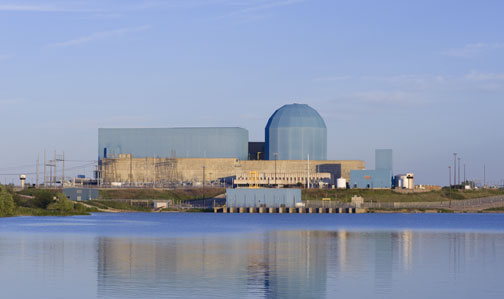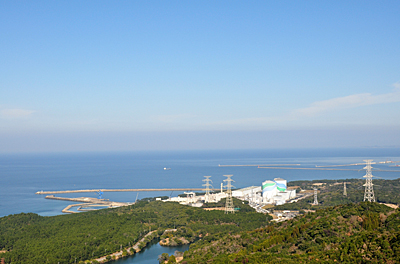Week in Review
A number of significant news items made recent headlines relating to nuclear energy. Here is your week in review with an analysis and links.
ILLINOIS PLANTS SAVED
Illinois Governor Bruce Rauner signed a copy of the Future Jobs Energy Bill (FJEB) at a location near the previously-threatened Quad Cities nuclear plant in Illinois on December 7. This first, 9:30 a.m. signing was followed by a 2 p.m. signing again at a location near the Clinton nuclear plant, also threatened with closure.
Both of these plants were clearly earmarked by their owner, Exelon, for shutdown if Illinois had not acted in some way to compensate them for the value they provide to the grid. After a great deal of ground work by activists, including ANS members and many others, and a special session of the Illinois Legislature, the Bill was passed through both houses of that Legislature last week. Once FJEB is in place, up to $235 million in subsidies could be provided for the plants for up to 13 years, ensuring their continued operation and avoiding the tremendous economic damage that would have been done to the communities in which the plants are sited had they been shut down.

Clinton Power Station, courtesy Exelon Generation.
JRTR OFFICIALLY COMPLETE
The Jordan Test and Research Reactor, a 5 MW type built by a South Korean consortium in Jordan as a $161 million turnkey project, has completed its final acceptance test run, according to Korea Times. This marks official completion of the initial construction/warranty run part of the project.
This project marks the first reactor of any kind ever installed in Jordan; it also marks the first export of wholly Korean-developed technology, as the reactor constructed at the Jordanian facility is based solely on Korean designs developed from Korean types. JRTR uses low-enriched, plate-type fuel and is intended for research into neutron irradiation of materials, as well as production of isotopes. Korean operators will remain on site for several years until the transition to a Jordanian-only staff occurs.
KYUSHU ELECTRIC POWER SENDAI NO. 1 RESTART

Sendai Nuclear Power Plant, courtesy Kyushu Electric Power Co.
Although there has been much political posturing by the Kagoshima prefecture government in an attempt to appease anti-nuclear voters who elected the government on an anti-nuclear platform, the governor has nevertheless given permission for Sendai nuclear plant Unit 1 to restart. Kyushu Electric Power reported that it would begin pulling rods at 9:30 p.m. local time Thursday, December 8, and the reactor achieved criticality the following day. Power generation began December 11 in test operation, according to the schedule. The company expects to have the plant in commercial operation (making electricity on the grid for money, that is) just after the start of the New Year, assuming inspections by the Nuclear Regulation Authority are all passed.
PART OF FRENCH NUCLEAR PLANT MATERIAL ISSUES CLEARING UP
France's Nuclear Safety Authority (ASN) announced that the questions surrounding nuclear plant components made by Japan Casting and Forging (JCFC) and which have affected ten 900 MWe units and two 1450 MWe units are almost cleared. In its release, ASN stated that Electricity of France's (EDF) support for the safety of components supplied by JCFC and which were thought potentially to contain higher than permitted localized concentrations of carbon (which could embrittle the materials) was more than adequate for the 900 MWe units, and that it awaits information on the 1450 MWe units.
Within the past weeks, Japan's nuclear regulator had announced that no Japanese plants were affected by any allegations of quality of parts or plate supplied by JCFC, having investigated the matter thoroughly. While this is not the final green light for getting all of France's nuclear plants back, it's coming closer by the day.

